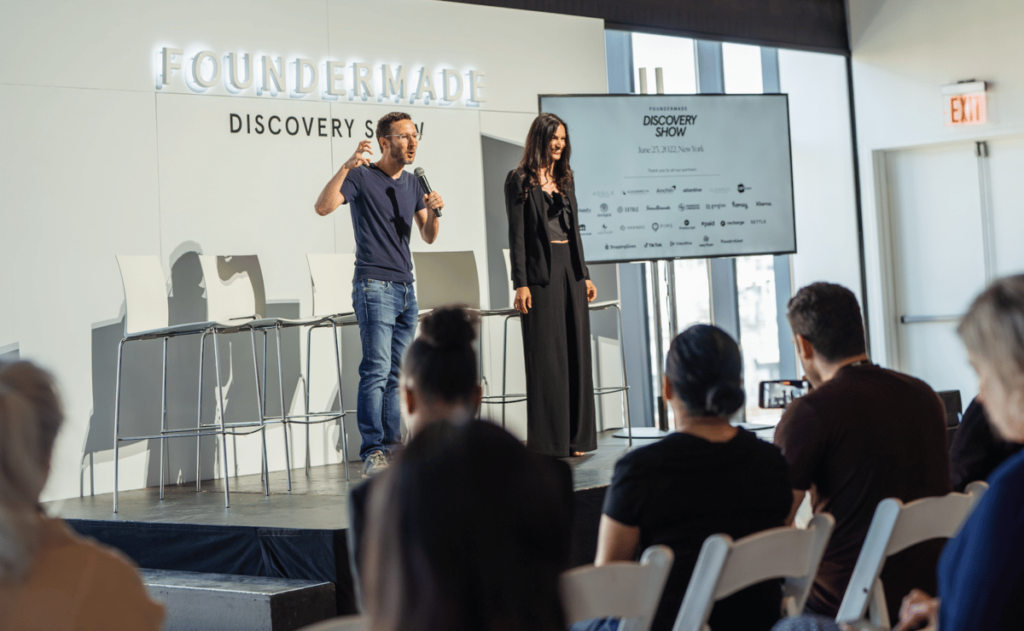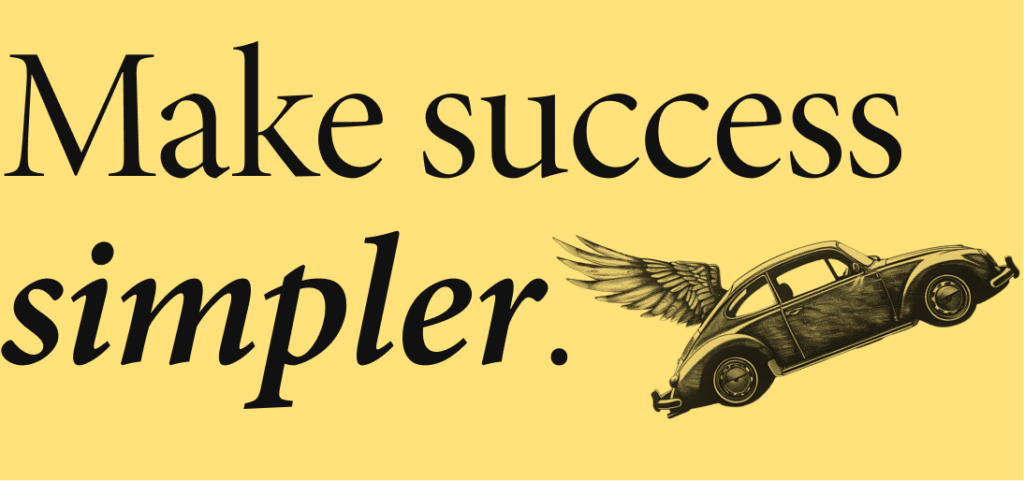Welcome to One Thing Better. Each week, the editor in chief of Entrepreneur magazine (that’s me) shares one way to level up — and build a career or company you love.
Today’s one thing: Fear of failure.
One thing, better: Fear not finding the solution.
There is a challenge ahead.
You want to try something new. Or you must navigate something difficult. And yet — what if it fails? What if you fail? That fear can be paralyzing.
Today, I will give you a simple truth: You cannot make the fear go away. But you don’t need to.
I’ll give you a way to use that fear — and a story of one entrepreneur who did it, and who helped me understand how fear can be exactly what you need.
Just the Right Amount of Afraid
Do you remember the last social thing you did before Covid lockdowns? I do. My friend (and podcast cohost) Nicole Lapin hosted friends for a birthday dinner. Everyone passed around hand sanitizer because lol we thought that would keep us healthy.
I sat next to Meghan Asha, founder and CEO of FounderMade. Her company hosts trade shows, and I’d spoken at many of them. In fact, here we are at one:

But in March of 2020, live events were shutting down. And Meghan ran a live-events business. I assumed she was freaking out.
“What are you going to do?” I asked her.
And to my surprise… Meghan told me she was excited.
In the past few years, she said, her team had developed many ideas for how to expand the business. But because everyone was busy running the live events, they never had the bandwidth to explore anything else.
If live events are cancelled, she said, her team can finally pursue those new opportunities. The business could emerge even stronger.
As Covid took over and we lived through that first year of madness, I often thought back to Meghan’s words. How did she face this disruption with such clear eyes, I wondered? How was she not… afraid?
Later, I came to realize something even more powerful. Meghan was not impervious to fear. She is human and that was a terrifying time! Surely she was afraid.
And yet, she was using the fear. It propelled her.
And I came to a theory of how.
How Fear Can Become Your Engine
Let’s start with some basic, obvious facts.
Fact 1: Change can be scary.
Fact 2: Failure is possible.
Fact 3: Time does not stop.
That last one might seem too obvious. Time does not stop, unless of course —

(Shoutout to my fellow 90s kids who know the reference!)
But seriously, let’s consider that third fact at a deeper level: Time does not stop. Which means things keep going. Which means that, no matter what happens, something always happens next.
Something always happens next.
And next isn’t always bad! People lose their jobs. Their careers. They lose things that are precious to them. And then… they must keep going, because time does not stop. They must figure out what’s next. And those next things can be good too.
I remember talking about this with my friend Bruce Feiler, whose great book, Life Is In the Transitions, tracked what happens when people have massive life disruptions. He calls them lifequakes.
“Are people happier on the other side of a lifequake?” I asked him in a podcast interview.
“Even if the transition was very hard, I could sum up what I learned from this entire experience in two words: transitions work,” Bruce told me. “Ninety percent of the people that I spoke to said that they got through their transition. And part of going through the transition is to find a way — not necessarily to be happier, I would quibble with that word — but to be a more meaningful event.”
Our lives cannot forever be defined by what came before. We have more experiences to follow. And we will find meaning and value in them. Something always happens next.
So what if… our fear can push us forward into that?
The Two Types of Fear
We’ve been talking about fear. But fear is not one thing.
Yes, there is the fear of failure. But that is a backwards-looking fear. It’s like saying, “I don’t want to risk what I have.” And as a result, we might not try whatever’s next.
But there is also a fear that sounds like this:
“I know there’s a solution out there, and I’m afraid of not finding it.”
This second fear is based on the future. It’s an awareness that something always happens next — and that, if you don’t move towards the future, you won’t have a chance to define it yourself.
This is the fear that propelled Meghan. Her business was being disrupted. She knew that would be hard. But she also knew that her customers and community would have new needs, which meant there was an opportunity for her to rise up and serve them in new ways. She did not know how to do that immediately. And that is what she was afraid of.
This is the fear that pushes you, rather than the fear that paralyzes you.
Here’s how to find it:
The next time you’re facing something you fear, ask yourself: “What’s scarier — the thing coming next, or not figuring out what comes next?”
Which is to say, what’s scarier — doing something, or doing nothing?
When we put it like that, I think that doing nothing is scarier. Meghan certainly knew that doing nothing was scarier.
Because something will come next.
And I want us all to be ready.
And that’s how to do one thing better.
